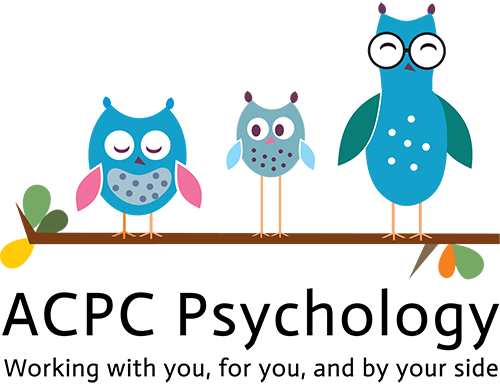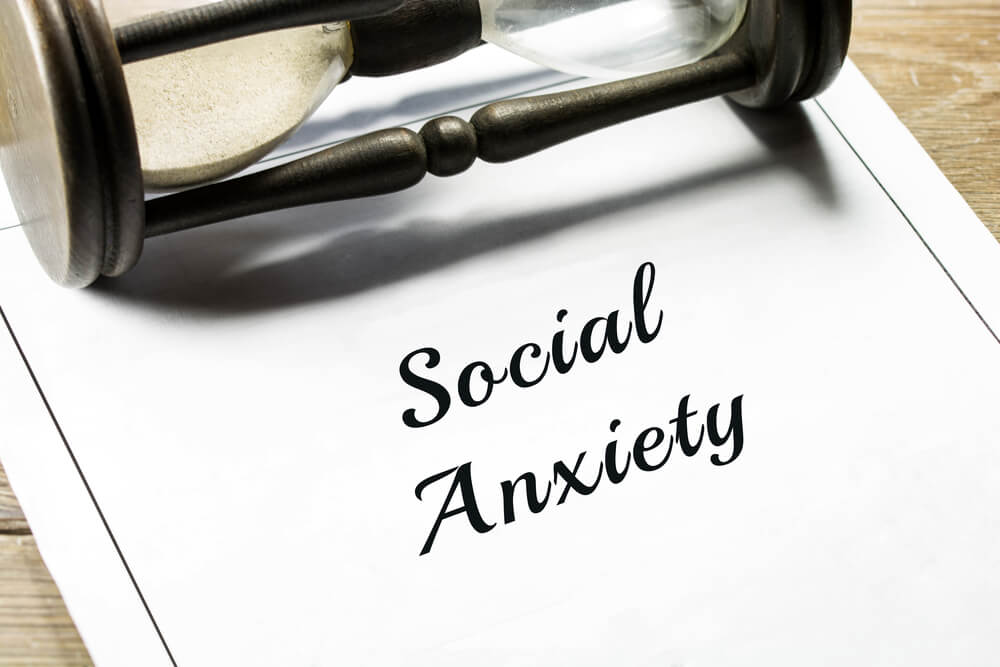Milestones: Red Flags to Watch For

Source: By Jessica Snyder Sachs from Parents Magazine
Milestones: Red Flags to Watch For
While young children can reach milestones at different ages, the CDC says you should consult an expert in development and consider an early-intervention evaluation if your child displays any of these signs or has a dramatic loss of skills.
Birth to 4 months
- Has trouble moving eyes or crosses them most of the time
- Doesn't respond to loud noises
- Doesn't notice own hands (by 2 months)
- Doesn't follow moving objects with eyes (by 3 months)
- Doesn't grasp objects (by 3 months) Doesn't smile at people (by 3 months)
- Can't support head (by 3 months)
- Doesn't babble or try to imitate sounds (by 4 months)
- Doesn't bring objects to mouth (by 4 months)
- Doesn't push down with legs when feet are on firm surface (by 4 months)
At 7 Months
- Seems very stiff, with tight muscles
- Seems very floppy, like a rag doll
- Head still flops back when body is pulled to a sitting position
- Reaches with only one hand
- Refuses to cuddle Shows no affection for the person who cares for him
- Persistent tearing, eye drainage, or sensitivity to light
- Difficulty getting objects to mouth
- Doesn't roll over in either direction (by 5 months)
- Can't sit with help (by 6 months)
- Doesn't laugh or make squealing sounds (by 6 months)
At 1 Year
- Doesn't crawl or drags one side of body while crawling
- Can't stand when supported
- Doesn't search for objects that he sees being hidden
- Says no single words
- Doesn't use gestures such as shaking head "no"
- Doesn't point to objects or pictures
- Can't walk (by 18 months)
- Doesn't walk heel-toe within a few months of walking
At 2 Years
- Doesn't speak at least 15 words
- Doesn't use two-word sentences
- Doesn't imitate actions or words
- Doesn't follow simple instructions
- Can't push a wheeled toy
At 3 Years
- Frequently falls or has difficulty with stairs
- Drools persistently or speaks unclearly
- Can't build a tower of more than four blocks
- Has trouble manipulating small objects
- Can't copy a circle
- Can't communicate in short phrases
- Doesn't engage in pretend play
- Doesn't understand simple instructions
- Shows no interest in other children
- Makes poor eye contact
- Has little interest in toys



